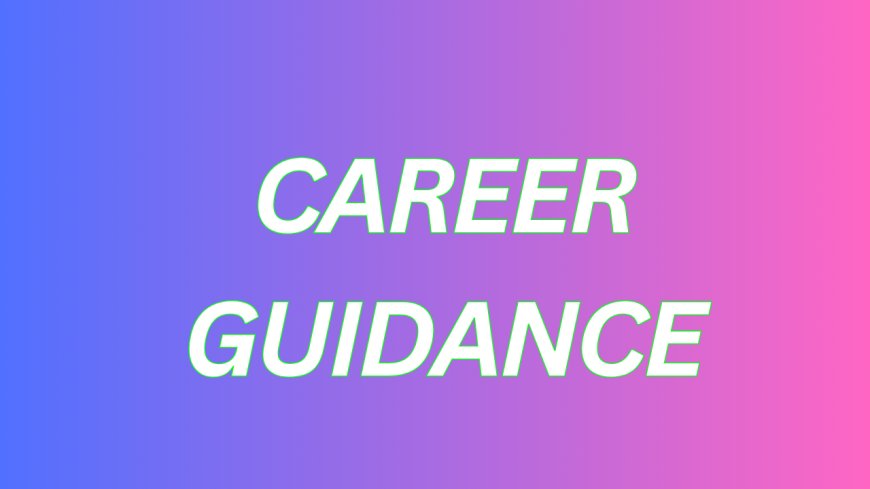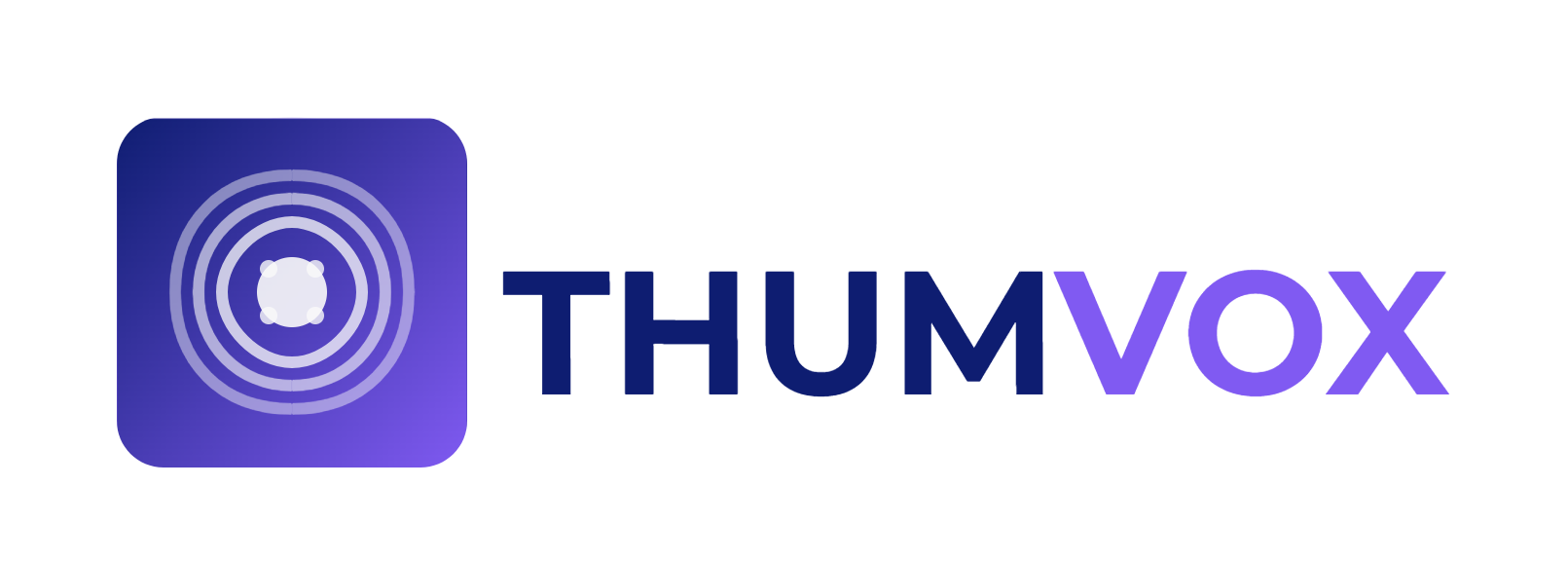Career Guidance – How to Choose the Right Profession for You
Career Guidance – How to Choose the Right Profession for You

Common Career Selection Mistakes
Far too often, individuals fall into careers without deliberate planning. Here are a few typical missteps:
1. Choosing Based Solely on Salary
While financial stability is essential, selecting a job just for its paycheck can lead to long-term dissatisfaction. Many high-paying roles are stressful or misaligned with personal interests. Over time, this can cause burnout or regret.
Example: A commerce graduate joins investment banking purely for the money but later realizes they have no passion for finance, leading to career fatigue.
2. Following Social Pressure or Trends
Some students pursue engineering, medicine, or law simply because it's seen as “respectable” or expected by family, rather than aligning with their skills and interests.
3. Underestimating Future Trends
Choosing a profession without researching its future relevance may result in working in a declining industry. For example, certain administrative roles are increasingly being automated.
Part 2: A Structured Approach to Choosing the Right Career
Selecting the right profession requires intentional planning. Here’s a practical and proven framework:
Step 1: Self-Assessment – Understand Yourself First
Before looking outward at industries or job roles, look inward. Evaluate:
-
Strengths: What are you naturally good at? (e.g., problem-solving, writing, people skills)
-
Weaknesses: What tasks do you find difficult or draining?
-
Opportunities: Which industries or skills are rising in demand that align with your strengths?
-
Threats: What external risks (automation, layoffs, burnout) could affect your preferred roles?
🛠️ Use a simple SWOT Analysis to document these. There are free templates available online or you can create one in a notebook.
Step 2: Research the Industry and Job Market
Once you have clarity about yourself, investigate where you can apply your strengths.
-
Use platforms like LinkedIn to explore job roles, read job descriptions, and connect with professionals.
-
Visit Glassdoor to see salary ranges, job reviews, and growth potential.
-
Check industry trend reports to understand which fields are growing — such as data science, AI, climate tech, healthcare, etc.
💡 Tip: Instead of asking “What job do I want?”, ask “What problems do I want to solve?”
Step 3: Talk to Professionals and Mentors
Learning directly from experienced professionals can give you insider insights that no blog or video can.
-
Connect with alumni or former students from your college who work in roles you’re curious about.
-
Reach out on LinkedIn with a short, respectful message asking for a 15-minute virtual coffee chat.
-
Find mentors through platforms like ADPList, GrowthMentor, or local professional meetups.
🤝 Networking is not begging — it’s learning. One conversation can change your entire direction.
Part 3: Resources to Build Skills and Explore Options
If you're a fresh graduate or switching careers, gaining new skills is vital. You don’t always need a second degree — smart, focused learning works better.
Top Free & Affordable Online Platforms:
-
Coursera.org – Industry-endorsed courses from universities (e.g., Google Career Certificates)
-
Udemy.com – Affordable, practical courses with real-world projects
-
edX.org – Learn from Harvard, MIT, and more — free access options available
-
YouTube – Endless tutorials, case studies, and career breakdowns
🧠 Pro Tip: Don’t just consume — create. Apply what you learn through mini-projects or online portfolios.
Who Is This Guide For?
-
Fresh Graduates unsure of where to begin in the job market
-
Career Switchers who want to make a bold move but need clarity and structure
-
Self-Learners looking to explore new industries and validate their interests
Final Thoughts
Choosing the right career is not about luck — it’s about clarity, research, and courage. With the vast resources available today, anyone willing to take a structured approach can find a profession that not only pays the bills but also fuels personal growth and satisfaction.
Don't rush the process. Don’t chase someone else’s definition of success. Your career is your story — write it with purpose.
Would you like the next career-focused article on topics like:
-
“How to Build a Personal Brand as a Job Seeker”
-
“Top Future-Proof Skills for the Next 10 Years”
-
“Remote Career Paths with High Pay & Flexibility”?
What's Your Reaction?
 Like
0
Like
0
 Dislike
0
Dislike
0
 Love
0
Love
0
 Funny
0
Funny
0
 Angry
0
Angry
0
 Sad
0
Sad
0
 Wow
0
Wow
0


















